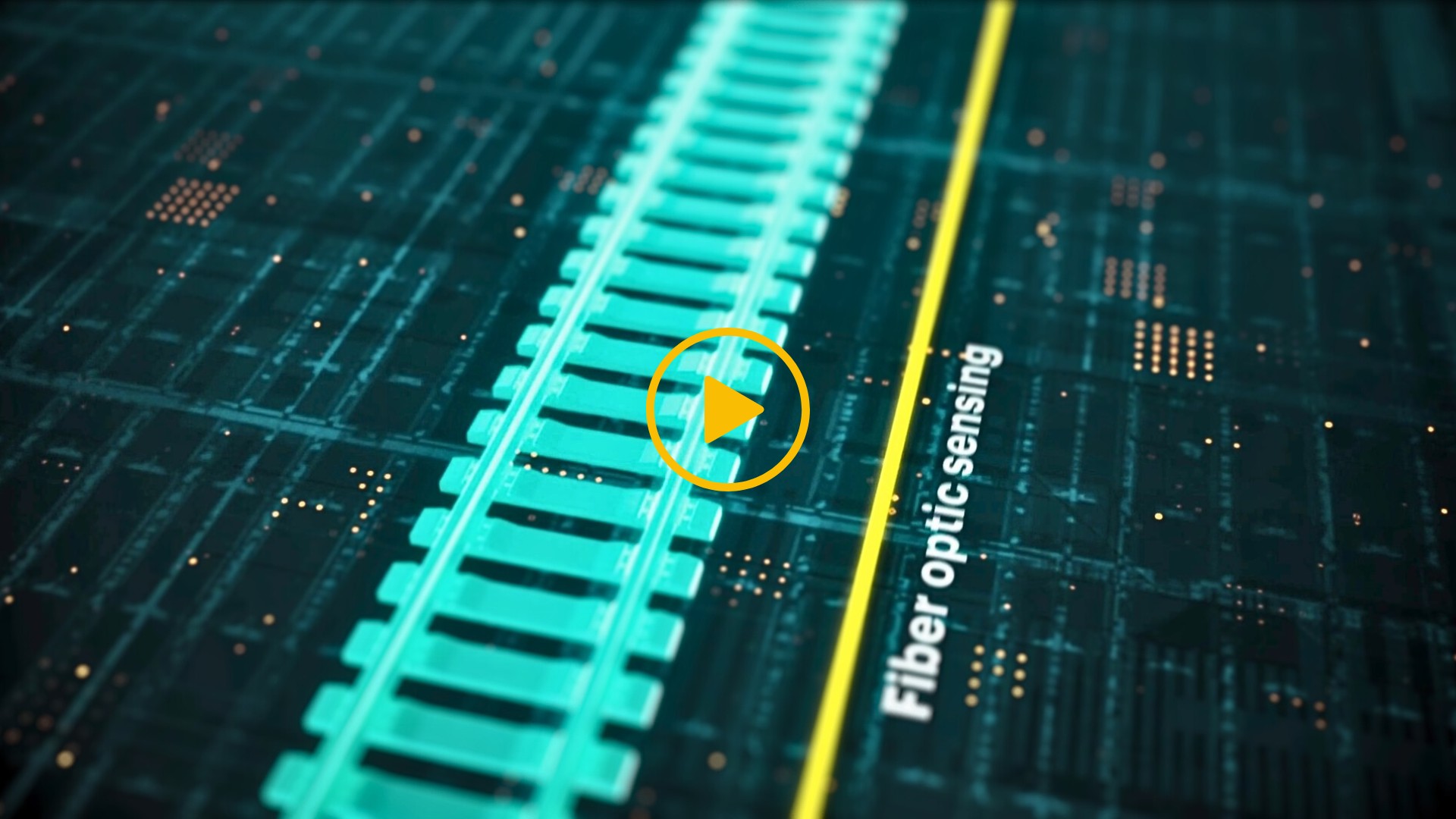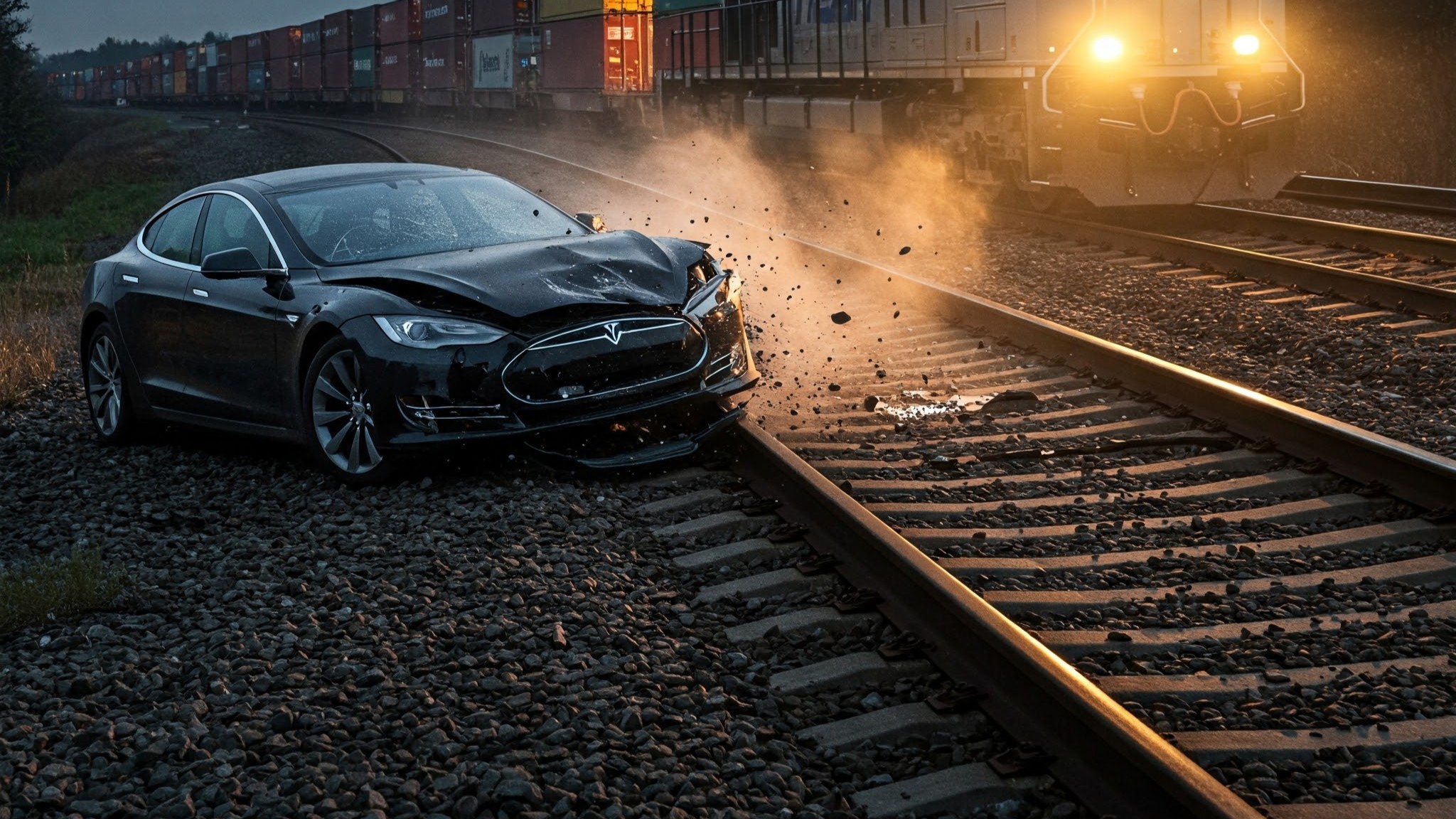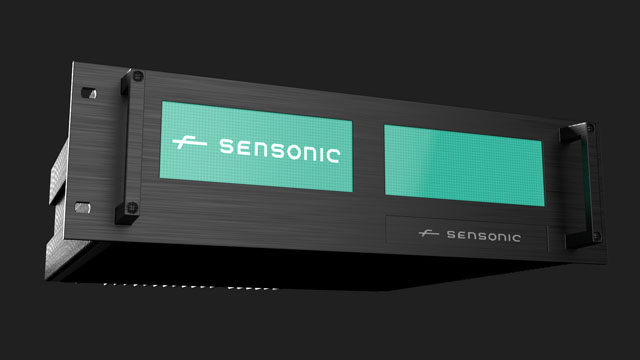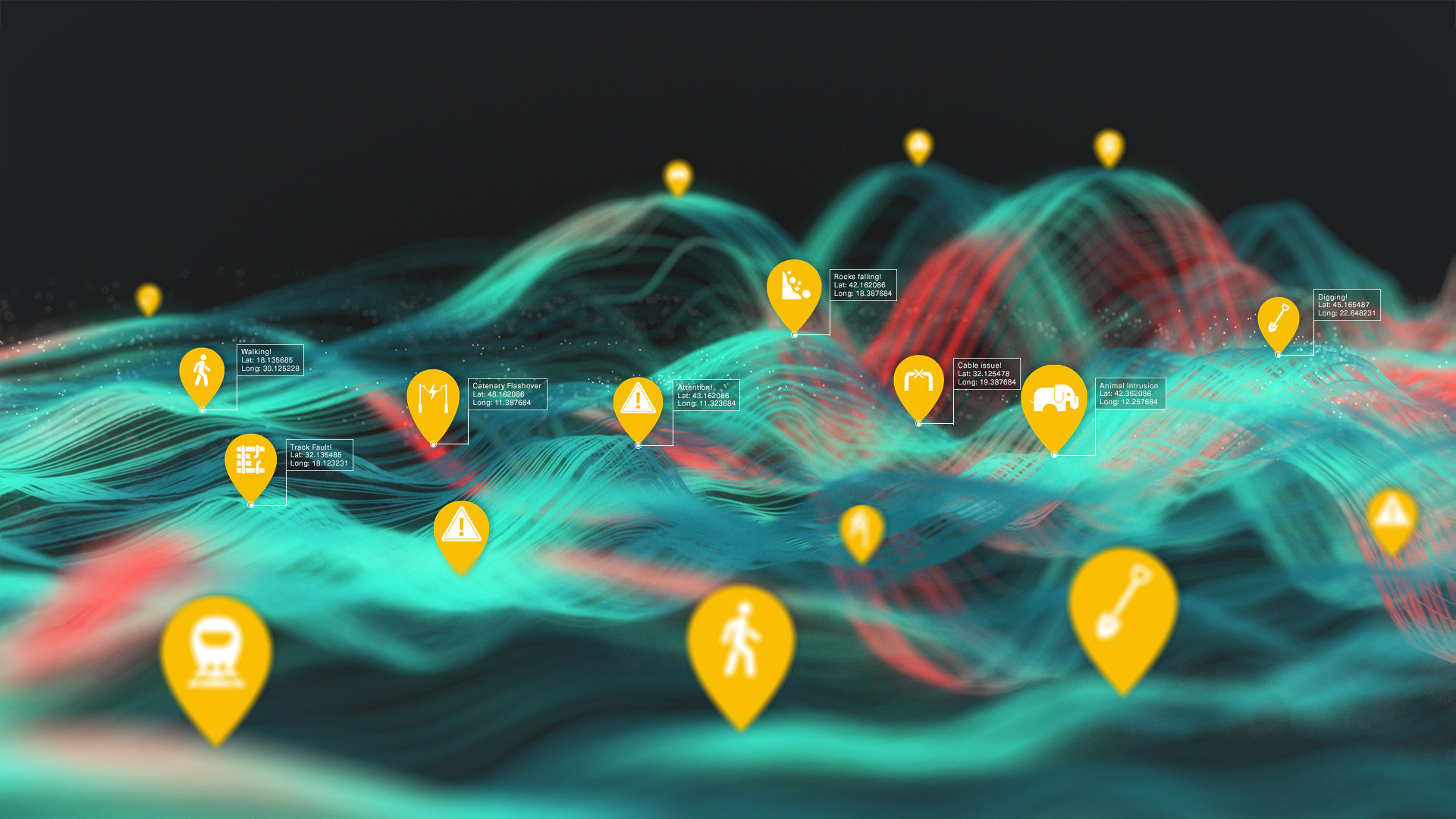Artificial intelligence (AI) is a buzzword with its words sprinkled over products to give an innovative or futuristic feel. You can even buy AI powered toothbrushes! No really – you can! I never felt those nylon bristles needed more intelligence – but perhaps my dentist would disagree?
However, once you’ve managed to cut through the marketing hype, AI is genuinely transforming industries around the world, including ours – the railways. Fear not, fellow track types, AI isn't coming to replace you. Instead think of it more like your super-powered sidekick, helping you work smarter, safer, and more efficiently. I’ll come back to how later.
First, let's recognise that not all AI is the same and some of the marketing hype has created unhelpful confusion about what AI can and cannot do. Just as you have different rollingstock for different duties , so too AI is not all created equal, and it is important to understand the capabilities and the limitations: My new AI toothbrush is not going to be caught taking a Tesla for a test drive for instance.
So what are AI capabilities?
AI Capabilities
AI can be categorised in many ways, but here are 3 I feel may be helpful – I think of them as; here now, here later and here in future, maybe one day, but they have more official sounding names too.
Here today - Narrow AI
This is the AI that you see today. The title “Narrow AI” or “Weak-AI” is used but that isn’t very alluring, so marketing types frequently leave out the first bit. When you see AI written in the press or on your toothbrush – this is it.
Narrow / Weak AI are programs and models trained by clever people to do very specific tasks, like organising your diary, driving a car, or monitoring your oral cleansing habits. Ask it to do something that it isn’t programmed to do, like asking your toothbrush to forecast the weather and it can’t. Narrow AI excels at performing specific set tasks but cannot perform beyond their specific programming. Even the most complex self-taught deep learning AI still falls under this category currently. Narrow AI does not possess consciousness or self-awareness.
Here tomorrow - General AI
This is future AI. General AI (also known as Strong AI or Artificial General Intelligence – AGI, is much more human like. This is a type of AI that would have the ability to understand, learn, and apply its intelligence to solve any problem, much like a human being. General AI would have the ability to generalise its learning across different domains, making it capable of performing any intellectual task that a human being can. Teach it to drive a car and to ride a bicycle, and it’ll likely be able very quickly learn to ride a motorbike too.
Here in future – maybe - Super AI
This is Sci-Fi AI. Here future AI could have the ability to learn, process and develop far faster and at a deeper level than humans, perhaps accessing greater memory and processing power to deliver Super Artificial Intelligence. Think of Sherlock Holmes making his expert deductions but then taking it to the next level, where he not only solves the crime but tells us where and when the next crime will likely be.
Super AI would be capable of self-improvement and could potentially operate with autonomous intentions.
The concept of Super AI raises significant ethical and safety concerns, including debates about the merits, dangers and ethics of achieving Super AI status as well as its control, impact on society, and even whether it poses an existential risk for humanity. However we aren’t anywhere near this level of AI capability yet, so sleep safe – Skynet is not yet awake, and humans are still apparently the smartest things on earth despite the millions of YouTube and TikTok videos to the contrary.
Another way of classifying AI, is how “human” like it functions, but to keep this article readable in a tea break, that’ll be an article for another day.
What are the pros and cons of adopting (Narrow) AI into our railway lives?
(Narrow) AI is a tool. It helps us get stuff done faster and more efficiently. Ultimately it is a tool under our direct control, and we choose when it is appropriate to use it, and how to interpret the work it has done.
The PRO’s of AI
Specialisation: Narrow AI systems excel at performing specific tasks, often outperforming humans in terms of speed, accuracy, and efficiency.
Availability: Narrow AI applications don’t have a bad night's sleep delivering poor performance the next day, they can work at the same performance level completing their role 24/7/365.
Safety and Reliability: Because Narrow AI systems are designed for specific tasks, their behaviour is more predictable, and risks can be more easily managed compared to more complex forms of AI or human decision making.
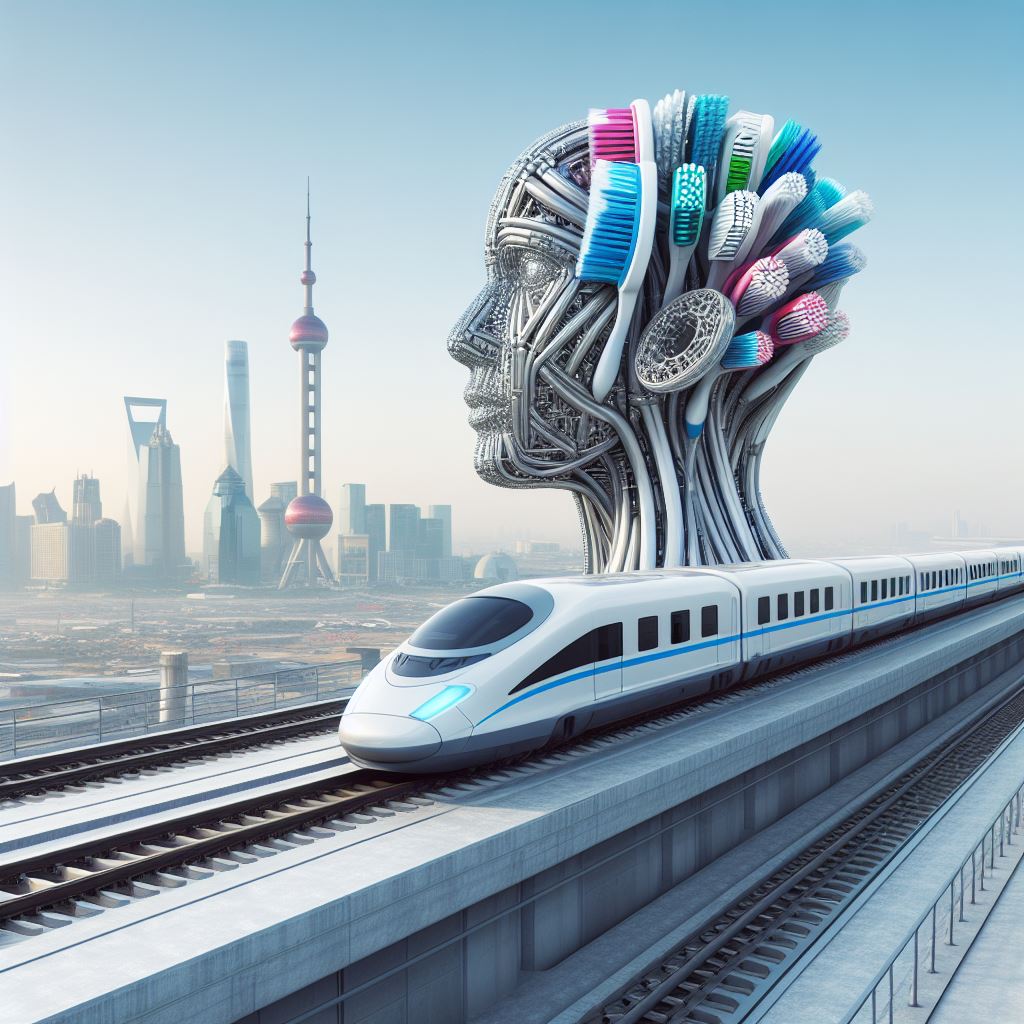
One of the easiest to understand uses of AI is for analysing data, lots, and lots of data. AI makes many of the “Big data” and “digital railway” benefits lauded several years ago possible. You can think of AI as your data-crunching associate.
Imagine having an assistant who tirelessly combs through mountains of data, identifying trends, anomalies and flagging potential issues before they turn into track troubles.
Good AI implementations make your life easier freeing up time to do the important things that change the world around us and act upon insights hidden beneath the surface of our untapped lakes of data.
At Sensonic we use Our AI not only to look at this in real-time, without taking a break or getting tired, but it can also send critical alarms to the right teams when it spots problems such as natural hazards or security threats.
Trespassers on track at 4 am – Send an alert to the security team
A landslide is heard in a remote area - Alert the train controller to warn the driver
The tireless, yet intelligent, ability of this digital co-worker to process huge volumes of data consistently is a big “Pro” point for many people and a great example of AI in action!
The Cons of AI
However, your AI data-bashing assistant does need to know what they are looking for to start with. This point is probably the biggest “Con” that needs to be acknowledged along with the associated potential to introduce bias. AI models need to be taught what to look for or what “good” and “bad” look like. This requires good quality “training” data. If you put garbage in, perhaps unsurprisingly you’ll get garbage out!
But equal attention must also be taken to avoid accidental bias being introduced into AI models too. If you are training a security algorithm only with data from tall men, then will it be able to detect children?
Good and robust AI railway models grow from combining real railway data with expert rail knowledge – Just like when training people, your AI apprentice needs to learn from infrastructure master’s before they can be assessed and passed as competent to do their job unsupervised.
Sensonic schools its AI models in development with petabytes of international railway data together with verified knowledge from the ground (known as ground truth data). This gives railways access to developed models that are already accustomed to listening to a dynamic and operational railway. It also means a Sensonic AI apprentice has access to the knowledge accumulated across many rail operators across the globe. Whilst that doesn’t always mean no tweaking and learning needs to be done installing a new system on a new railway, it does greatly reduce the time and effort required.
AI wrapped up
AI is not a magic wand to solve all the challenges that railway infrastructure throws at us. But it is a powerful tool we can call upon to support our quest to make it the preferred and most sustainable travel and freight option.
AI isn't here to replace you – it's here to empower you.
When used appropriately AI augments your expertise and helps you and your rail network achieve greater things.
Embrace the AI revolution and get ready to write a new chapter in the exciting evolution of rail infrastructure, after you’ve brushed your teeth of course.
